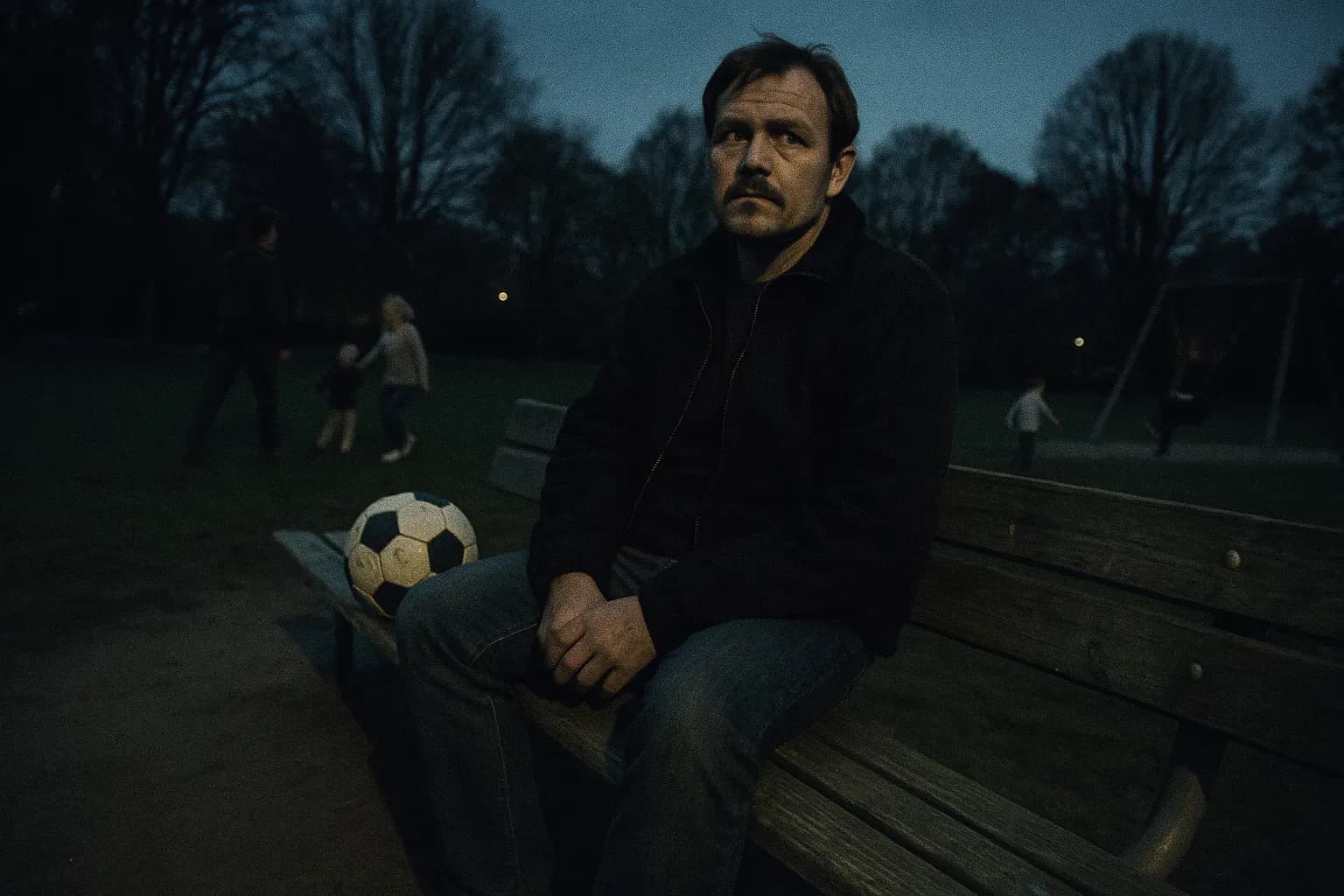
Rape
Understanding the assault, its consequences, and the complex pursuit of justice
What defines rape, and why is consent so crucial? Delve into the psychology of assault, the challenging investigations, and victims' fight for justice.
Understanding the assault, its consequences, and the complex pursuit of justice
What is rape: Definition, power, and harsh consequences
Rape is a serious sexual assault in which a person is forced into a sexual act without consent. This typically occurs through physical violence, threats of violence, or by exploiting situations where the victim is unable to resist or give valid consent, for example, due to intoxication or unconsciousness. The crime constitutes a fundamental violation of a person's bodily autonomy and sexual integrity, often motivated by the perpetrator's desire for power and control rather than sexual gratification. The psychological consequences and trauma experienced by victims can be profound and long-lasting, with far-reaching effects on their sense of personal safety, mental health, and intimate relationships. The underlying dynamics often involve problematic power relations.
Investigations' balance: Consent, evidence, underreporting
Investigating rape cases is typically complex and emotionally demanding for everyone involved. The collection and analysis of evidence, including forensic findings such as DNA traces and witness testimonies, are crucial for establishing proof in the case. A key challenge in the subsequent trial is often determining whether valid consent was given, a question that can be legally complicated, even with modern consent legislation. Victims may find their credibility questioned, and the fear of stigmatization, of not being believed, or of the grueling legal process, unfortunately deters many from reporting the assault. This results in significant underreporting, which poses a serious barrier to holding perpetrators accountable and ensuring victims receive the justice and redress they deserve.
Rape: From true crime to prevention and vital victim support
Within true crime, a thorough understanding of rape, its dynamics, and psychological drivers is essential, as this type of crime exposes some of the darkest aspects of human behavior and the complex challenges faced by criminal law and the justice system. The ongoing effort to combat rape, often considered a form of gender-based violence, encompasses more than just the prosecution of perpetrators. It requires a broad societal effort focused on prevention through education and attitudinal changes, as well as comprehensive support for victims and improved victim services to help them through the often lengthy healing processes.
What does rape look like in practice, and what are its consequences? Explore real-life cases of assault and the fight for justice – find our harrowing cases below.
Posts Tagged “Rape”
22 postsShowing first 20 of 22 posts. Use search or filters to find more.



















